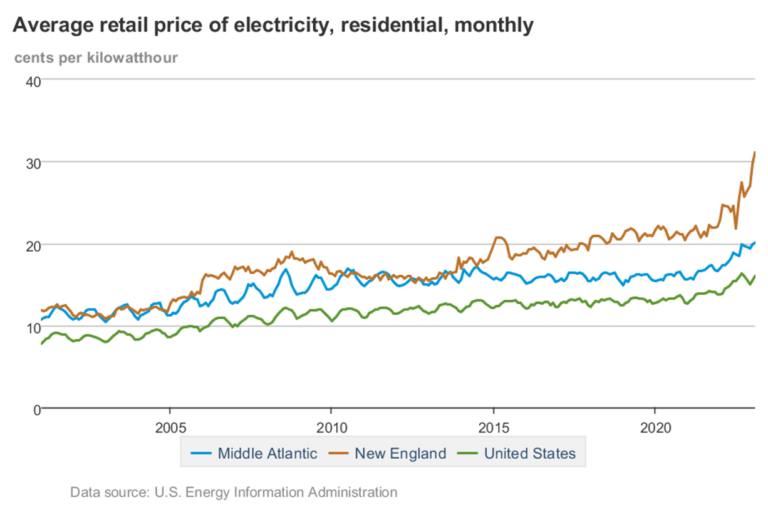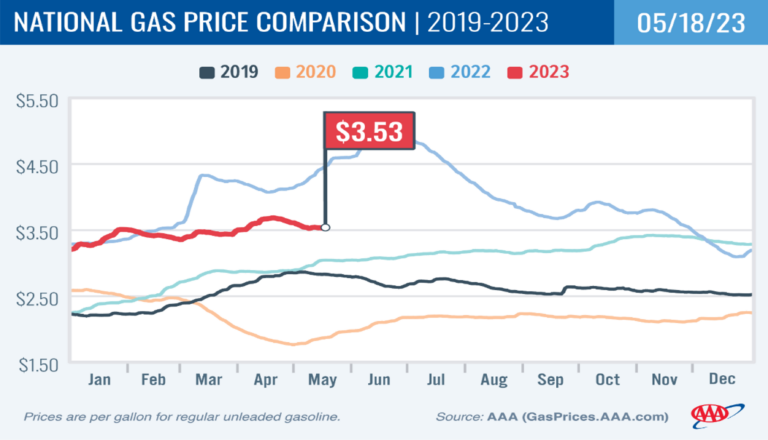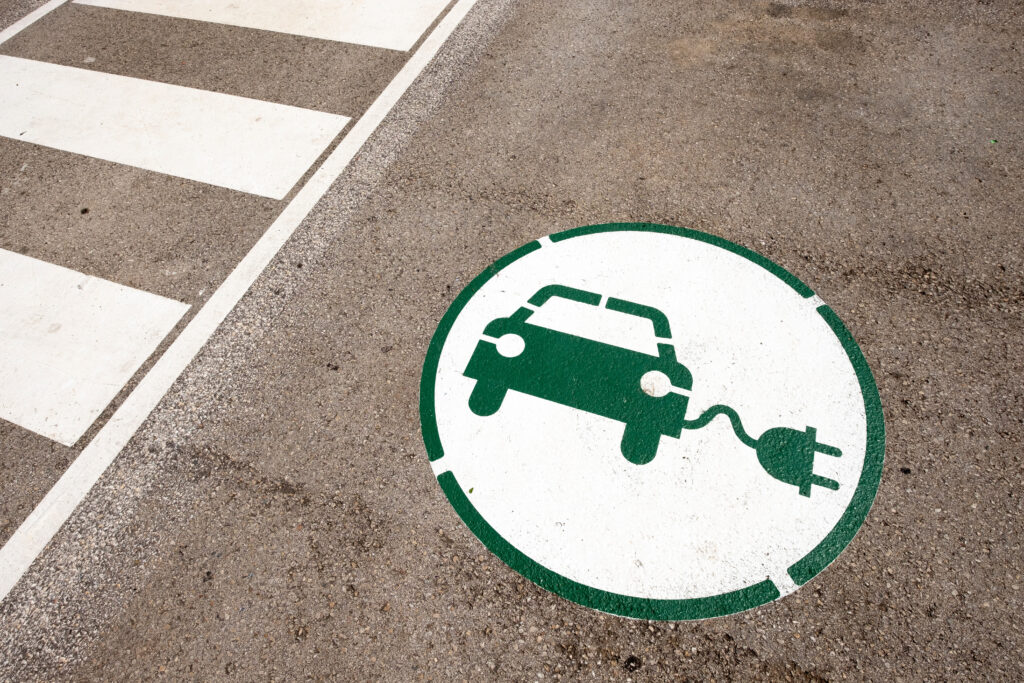Quality Verified | Posted May 30, 2023
Are Rising Electricity Prices Making EVs Financially Impractical?
Saving money on fuel is one of the main advantages of EV ownership. Could that benefit dry up as electricity costs continue to rise precipitously across the country?

by Andrew Sheldon
AAA Staff Writer

Have you noticed one of your monthly utility bills going up and up and up recently? You’re not alone. From coast to coast, the country is undergoing a surge in electricity prices. While impacting everyone, this has a particular effect on electric vehicle owners who require a substantial amount of electricity to power their cars.
Electricity is almost always less expensive than gasoline, allowing EV drivers to save money on fueling costs. This helps lower the total cost of ownership and make EVs relatively the same price as similar gas-powered cars over the long-term. But when electricity prices increase, those potential savings start to diminish.
So, should these rising costs be a major concern for EV owners?

📈 Rising Electricity Prices
Across the country, the price of electricity has increased significantly over the past year. As of February 2023, the average cost of residential electricity in the United States was 15.96¢/kWh, according to the U.S. Energy Information Administration. That’s a 15% increase from February 2022.
The situation is even more distressing closer to home. Electricity prices vary significantly between geographic regions and the Northeast has some of the highest electricity prices in the country. The average price in the Mid-Atlantic, which includes New York, New Jersey and Pennsylvania, increased at a slightly lower clip (14.5%), but at 20.07¢/kWh, remains above the national average. New England states have it even worse. As of February, the average cost of electricity was 31.09¢/kWh, a 23% jump from the year prior.
Below is a table detailing the average electrical bill for the month of February 2023 for households in the six states covered by AAA Northeast:
STATE | PRICE | USAGE | MONTHLY BILL | RANK |
|---|---|---|---|---|
Connecticut | 34.32 ¢/kWh | 713 kWh | $244.70 | 50 |
Massachusetts | 32.13 ¢/kWh | 596 kWh | $191.49 | 47 |
New Hampshire | 31.03 ¢/kWh | 631 kWh | $195.80 | 48 |
New Jersey | 17.01 ¢/kWh | 687 kWh | $116.86 | 15 |
New York | 23.60 ¢/kWh | 599 kWh | $141.36 | 28 |
Rhode Island | 29.09 ¢/kWh | 585 kWh | $170.18 | 44 |
Electricity vs. Gasoline Prices 🔌 ⛽
A AAA study in 2020 found that the electricity required to drive an EV 15,000 miles a year cost an average of $546, while the amount of gas required to drive the same distance cost $1,255.
Three years’ worth of increasing electricity costs hasn’t changed the situation much. A cost analysis by Consumer Reports in 2023 found that it “almost always” costs hundreds of dollars less each year to charge an EV than it does to fuel a similar gas-powered car. Because the Northeast has some of highest utility costs in the nation, the savings may not be quite as significant. Still, EVs owners should experience some fuel savings despite high electricity costs.

Electricity is also a more stable energy source in terms of costs. While prices can fluctuate in the short term, they do so within a range of a few cents. Gasoline prices, on the other hand, can quickly surge a dollar or more. For example, the national average for a gallon of gas rose to roughly $5 last summer, a $1 increase from that spring and $2 jump from summer 2021.
Electricity prices’ stability is due to the fact that electricity in the United States is generated from a variety of energy sources. If one of these sources suddenly became unavailable, electric prices would remain fairly stable as utility providers could use the other sources to make up the difference. This stands in direct opposition to gas, which is derived exclusively from crude oil. If oil production is disrupted anywhere in the world, it will result in higher gas prices here at home.
Furthermore, it stands to reason that electricity prices will be more affordable in the long-term. Part of the cost of electricity goes toward building and enhancing infrastructure. In today’s world, this means increasing renewable energy sources and enhancing electrical grid efficiency. As these advancements are made, electricity prices should stabilize, if not decrease.
AAA’s Recommendation: Whether you own an electric vehicle or a gas-powered car is up to you – and you should consider lots of factors in making that choice. No matter what type of vehicle you’re choosing, we recommend visiting a dealership, test driving one, and asking as many questions as possible to make an informed decision.









